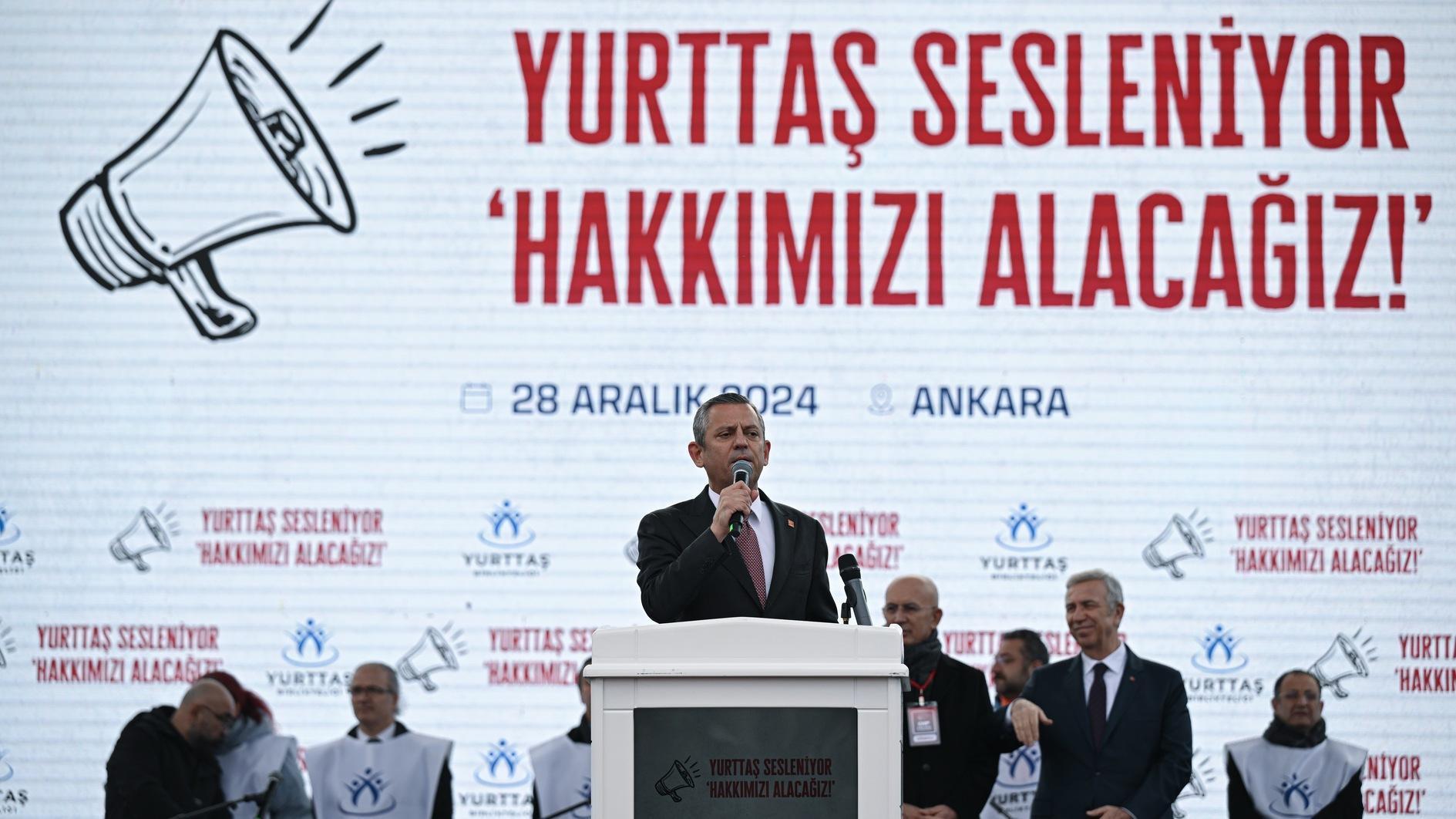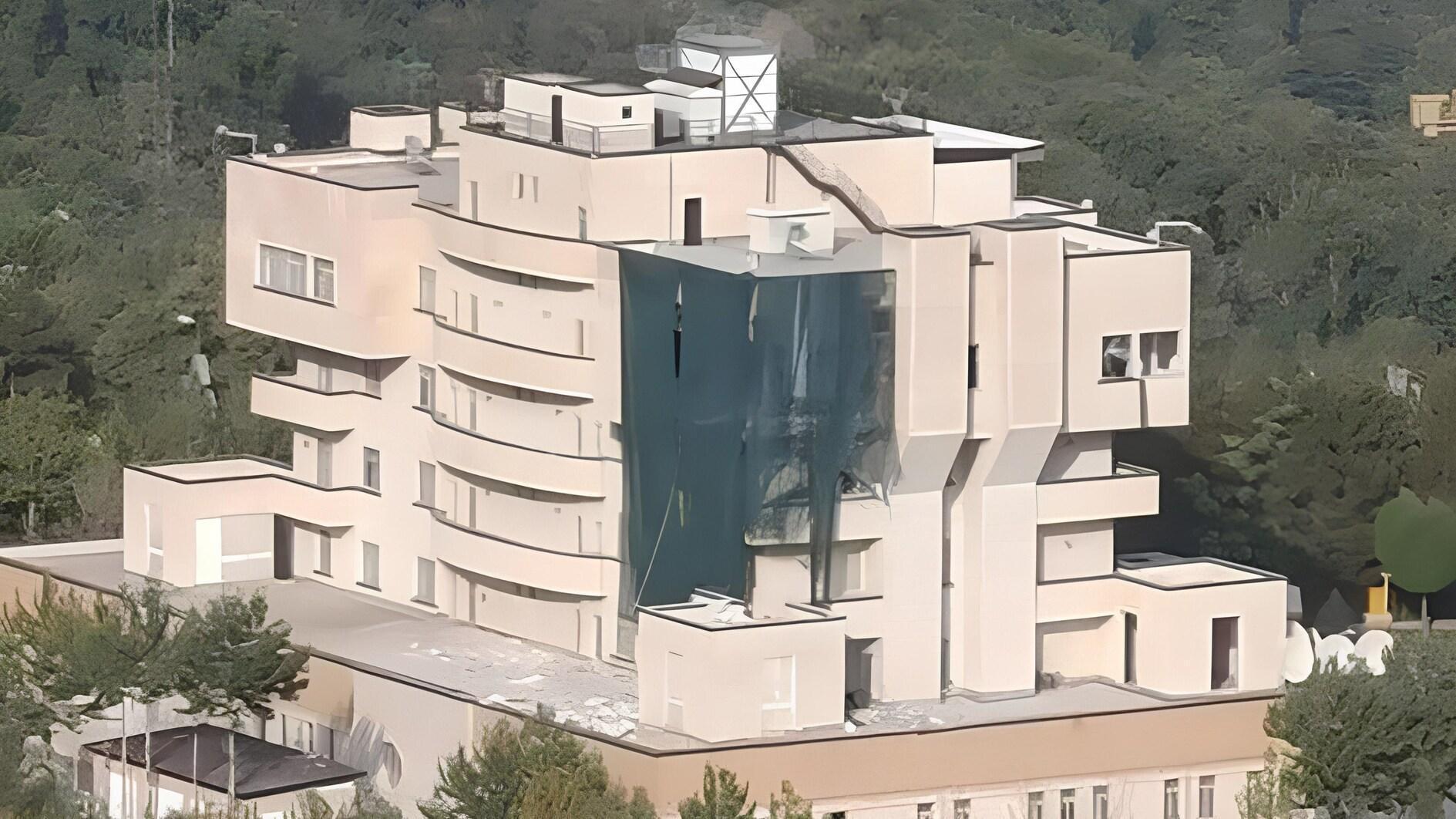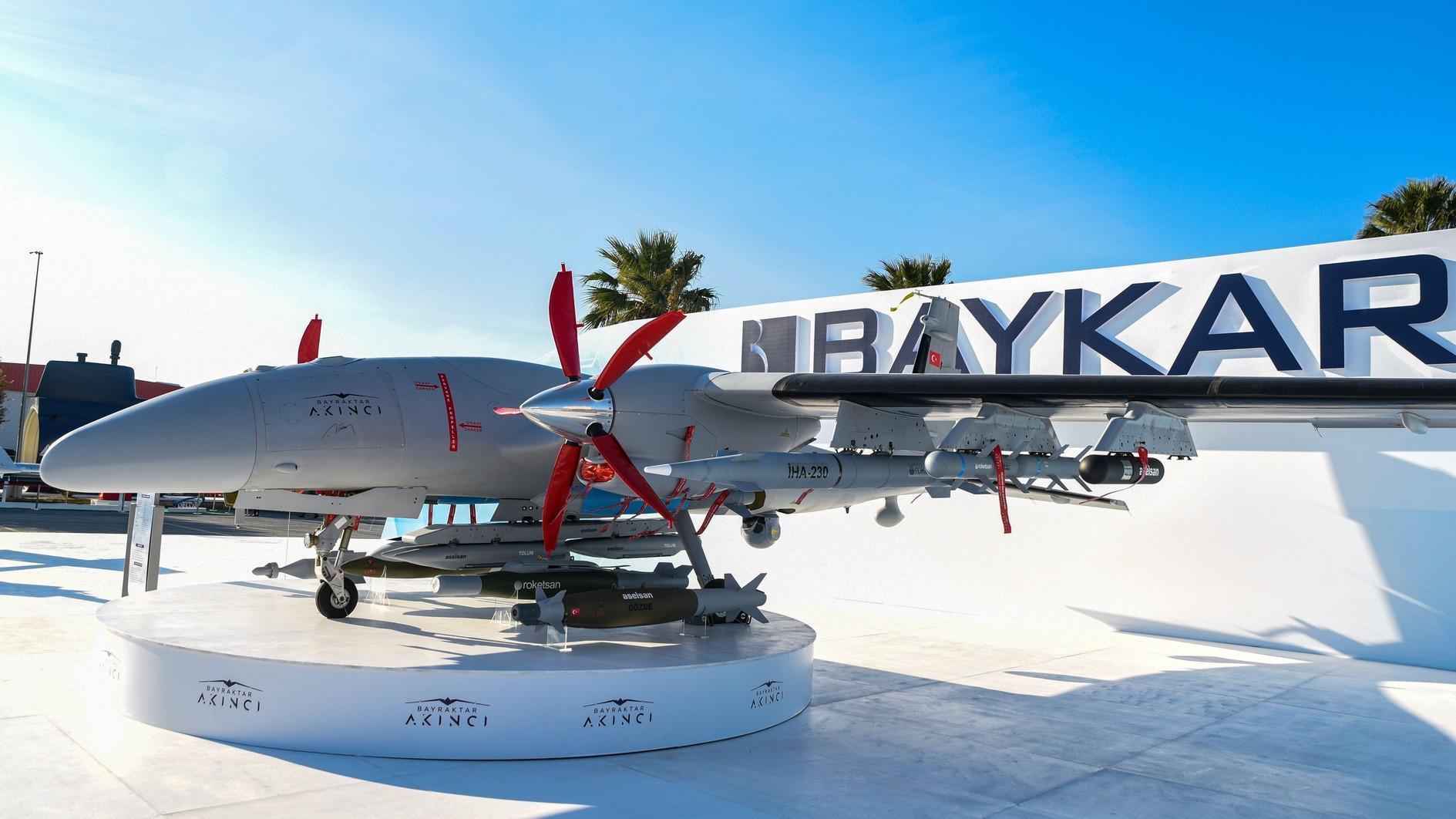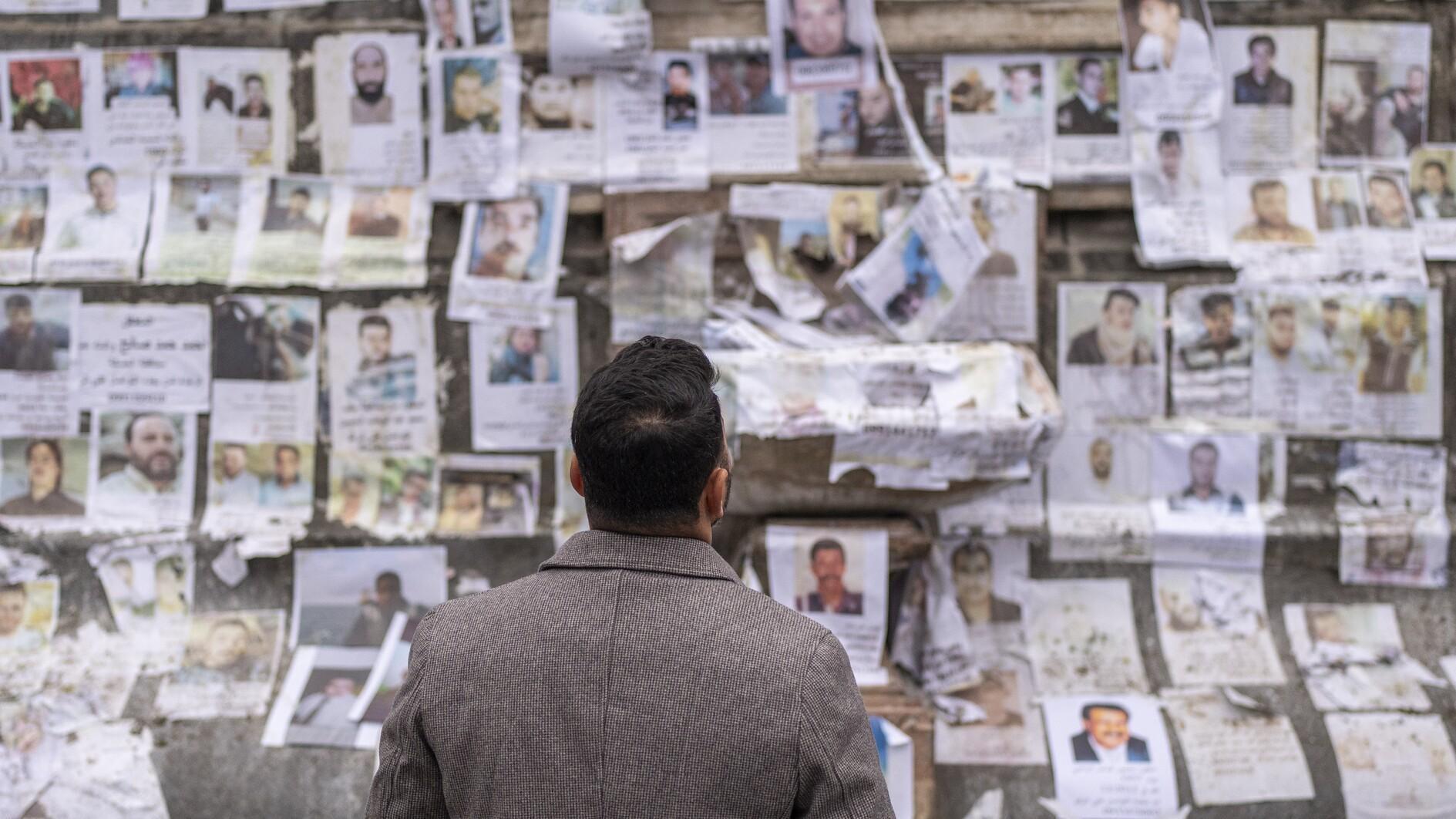Will voting for the HDP mean punishing the PKK?
“I’ll tell you what we have: we have a hotel reservation, that’s for sure,” an Ankara based diplomat told me when I asked about his expectations for the upcoming G-20 summit.
His answer obviously reflected the uncertainty as to what kind of government would host the G-20 summit scheduled to take place in Antalya on Nov. 15-16.
As of today, it looks like we are heading towards the repetition of elections, but we don’t even know whether the re-election will take place before or after the G-20 summit.
This is the point where the 13-year rule of the Justice and Development Party (AKP) has brought us and it reflects the failure to change a pattern that is typical for Turkey. This country unfortunately suffers from continuous ups and downs.
Thank God we are not successful in maintaining continuity in the downward trend. Unfortunately, the same absence of consistency is valid for maintaining the upward trend as well.
The fact that Turkey will be hosting the G-20 summit in the midst of political uncertainties is a snapshot of Turkey’s inner contradictions. On the one side you have a country that aspires to have a say in the world’s “budget,” yet is incapable of drawing its own budget in a proper way.
The summit is taking place in Antalya, which ranked third in the world for attracting tourists in 2013. In 2014, Turkey was the sixth popular tourist destination in the world, yet the summer of 2015 is set to be one of the worst tourist seasons in years. The G-20 summit could have given a boost to tourism as the world’s attention turns to Turkey’s biggest tourism centers, but with bombs exploding each day, a family photo of two dozen leaders will not be enough for damage control.
The hopes for an upward trend coming around after the election have turned downward with the break of violence. The AKP is primarily responsible of this wave of violence. It is obvious that President Recep Tayyip Erdoğan wants to punish the Kurdish voters who used to vote for the AKP. Similarly, he wants to lure back the conservative voters who abstained from voting for the AKP by fueling fears of instability and chaos.
The warlords of the outlawed Kurdistan Workers’ Party (PKK) are also to blame, for they have not missed the opportunity to sabotage the peace process, which they thought was taking the ground under their feet. The 13 percent of the votes which were cast for the pro-Kurdish Peoples’ Democratic Party (HDP) has irritated the PKK as much as it did the AKP.
Some 1.5 to 2 percent of the votes cast for the HDP came from non-Kurdish voters who voted in order to help the HDP pass the threshold, which would cost the AKP an important number of deputies, barring the way for Erdoğan to change the parliamentary system to a presidential one. No one was expecting such a result, but the desired outcome was obtained, as the AKP fell short of even forming a government and Erdoğan’s one-man rule aspiration received a serious blow.
In case of re-elections, while there could be a slight shift towards the Republican People’s Party (CHP), the same 1.5-2 percent non-Kurdish voters might opt to vote for the HDP again, this time to punish the PKK and strengthen the hands of those active in the political wing of the Kurdish movement. The question is: would the PKK warlords get the message?
That will depend on who their interlocutor in the government will be.
For that we will need a government that will give peace a chance by closing the doors to violence and all provocations to violence.











